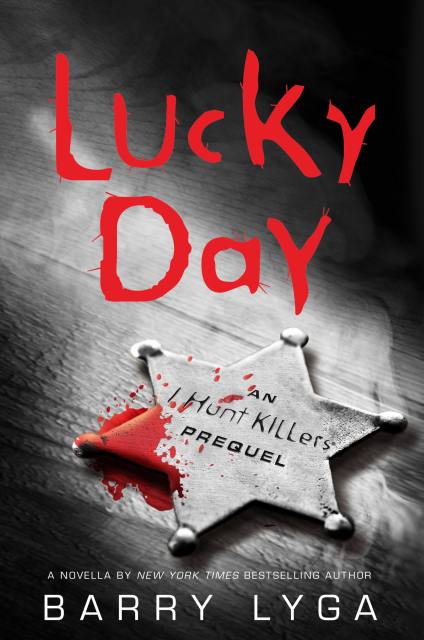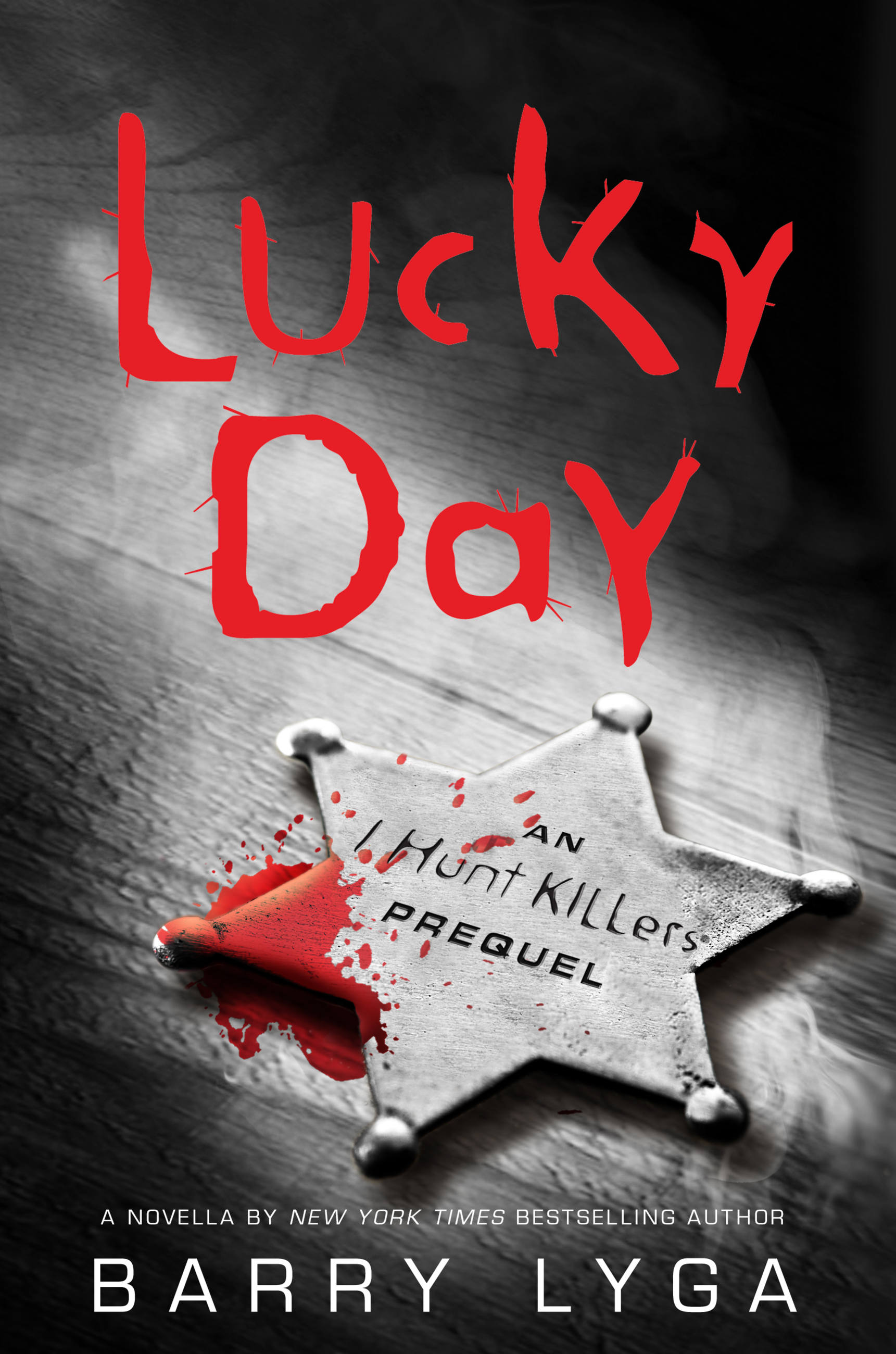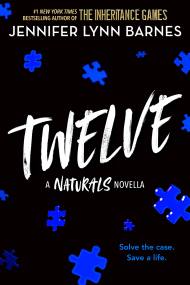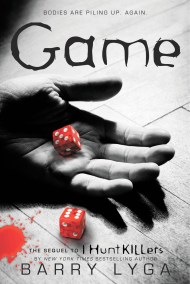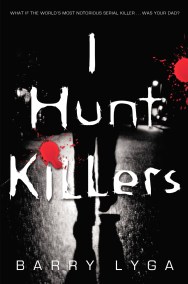Promotion
Use code MOM24 for 20% off site wide + free shipping over $45
Lucky Day
An I Hunt Killers Novella
Contributors
By Barry Lyga
Formats and Prices
Price
$1.99Price
$2.99 CADFormat
Format:
ebook (Digital original) $1.99 $2.99 CADThis item is a preorder. Your payment method will be charged immediately, and the product is expected to ship on or around April 1, 2014. This date is subject to change due to shipping delays beyond our control.
Also available from:
It all started with Dead Girl #1 and Dead Girl #2, the first killings in the sleepy town of Lobo’s Nod in decades. Two murders: just a coincidence, or something more sinister? One thing’s for sure–it was definitely inconvenient in a year when Sheriff G. William Tanner, a mourning widower, had to run for reelection.
With a trail gone cold, it’s only luck that links the murders to the most notorious serial killer in memory. And in a town like Lobo’s Nod, the killer must be someone Tanner already knows….
Genre:
- On Sale
- Apr 1, 2014
- Page Count
- 100 pages
- Publisher
- Little, Brown Books for Young Readers
- ISBN-13
- 9780316409735
Newsletter Signup
By clicking ‘Sign Up,’ I acknowledge that I have read and agree to Hachette Book Group’s Privacy Policy and Terms of Use
